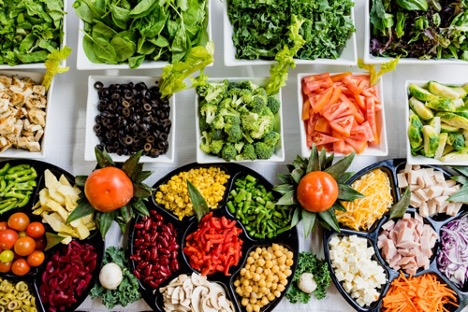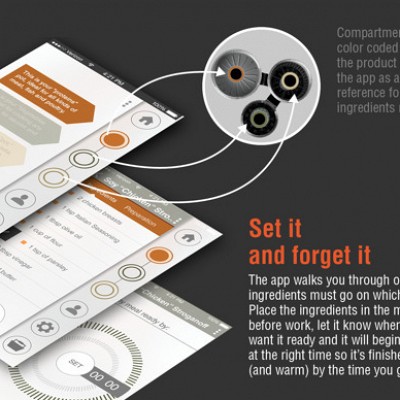We all know that college years are the most hectic and chaotic of all. This is because being a student involves more than just attending classes, writing essays, and doing all the coursework. Students learn during college how to manage their time and projects successfully, but also how to take care of themselves. Which is something few students do, as they get so involved in the chaos of student life that they forget about proper nutrition and care for their bodies. Because they are mostly involved in studying related activities, they do not have enough time to cook for themselves, so they end up ordering food.
Moreover, there is the constant pressure of time. Students have periods that are full of exams, essays, and group projects that they feel they do not have time to eat. And more importantly, to pay attention to having a balanced diet. The fact that they can order food anytime allows them to eat more fast foods that are not healthy at all. So, which is the student’s guide to nutrition? Which are the things you need to pay attention to, to make sure that you can focus easily, sleep well, and accomplish all your academic goals?
Nutrition Basics
The science of nutrition has evolved tremendously over the last few years. If a couple of years ago nutritionists led their work depending on the pyramid of foods, the way you visualize groups of foods has changed drastically. However, the pyramids of foods turned out to be pretty confusing, so there is a new chart that describes the five basic groups of foods you need to have on your plate. Being a student and getting an education is already an overwhelming process, so thinking about what to eat and planning it can just add more to this pressure you are feeling. This is why the new chart allows you to understand which are the things of which you need to eat more. Or how to combine them so that you are sure you have the necessary caloric intake to make it through the day with success.
So, the basic food groups are grains, vegetables and legumes, fruits, dairy, and protein sources. If we take a look at the pyramid of foods developed a couple of years ago, we can easily see that at the base of it are carbohydrates and grains. This meant that your diet had to be based on a large intake of grains and carbohydrates, but things have changed now. According to the new chart of foods, it is recommended that your meals be half made of vegetables, legumes, and fruits. So, the intake of grains should be minimized.
Caloric Intake
Some of the main activities students have during college are doing coursework and writing essays or assignments. Many of them underestimate the energy eating the right food comes with, but it is so important. Some students might look for someone to do my coursework for me, but choosing the right food combinations can help you do this by yourself. Some foods can make you sleepy, while others can help you replenish your energy levels. It is also about gluten-free food. People who are intolerant to gluten might find themselves sleepy, not having any energy, feeling sick every time they eat something with gluten.
However, everyone knows about the necessary caloric intake humans need to make it through the day. A couple of years ago, it was recommended to have approximately 2,000 calories per day, which is a lot. This can be translated into over 10 portions of rice, noodles, or other grains per day plus about 5 portions of vegetables. But nowadays, in light of new research, nutritionists point to the fact that we do not need 2,000 calories per day. For a student, about 1,700 calories per day would be enough. Because college students are involved in all kinds of cognitive activities daily, it is recommended to have about three cups of vegetables and two cups of fruits daily. This is because vegetables and fruits are the main sources of vitamins and nutrients and they come with many positive benefits for students.
Conclusion
Paying attention to your nutrition is something all students should do. However, the hectic and chaotic schedules they have sometimes do not allow for this. Many students end up eating fatty foods, which in turn affect their sleeping habits but also power to focus. It is therefore important to eat foods that can replenish your body and mind with the energy you need. Veggies and fruits are the best choices because they are important sources of vitamins and nutrients.
Bio Lines: Julius Sim is Head of Support at Edubirdie. One of his passions is nutrition, so he writes various articles on topics related to this area. Julius loves eating fruit salads.






































